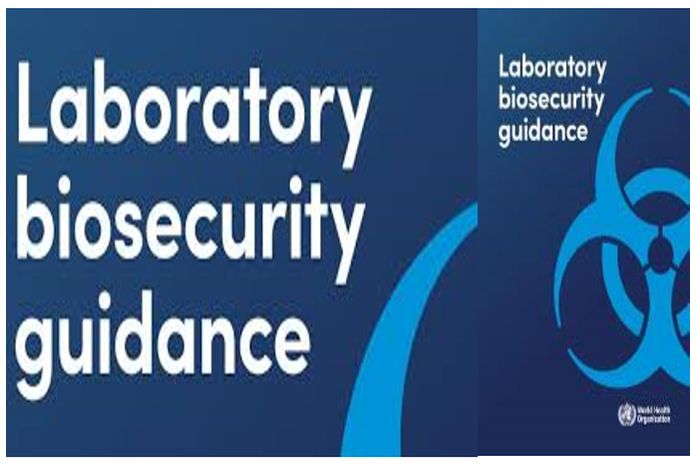GENEVA, Switzerland – The World Health Organization (WHO) recently issued updated guidance for national authorities and biomedical laboratories to manage biological risks.
Laboratories are essential components of health systems, critical for patient diagnosis and rapid clinical care, disease surveillance, pathogen characterization, and research and development for treatments and vaccines. Appropriately designed and equipped facilities, trained staff, evidence-based risk-mitigating measures, transparent reporting and layered oversight mechanisms will safeguard the workforce and the community from pathogenic microorganisms and toxins.
New updates in the guidance include the strengthening of cybersecurity measures and handling of confidential information such as patient records; reducing risks from new technologies, including those related to genetic modification and manipulation of pathogens, and artificial intelligence (AI); and advice on keeping laboratories safe and secure during emergencies like wars, civil unrest, and disasters from natural hazards.
WHO’s updated laboratory biosecurity guidance helps all countries, especially those lacking regulations, establish or strengthen frameworks for handling high-consequence pathogens. It highlights the importance of strong institutional governance through an Institutional Biosafety Committee with national oversight.
The updated guidance provides best practices and recommendations while encouraging Member States to adopt a risk-based approach, stipulated in the resolution on ‘Strengthening laboratory biological risk management’ adopted at the World Health Assembly this year.
The guidance was developed in consultation with wide range of stakeholders including WHO collaborating centres and technical advisory groups, in particular, the WHO Technical Advisory Group on Biosafety (TAG-B).
By promoting engagement and commitment from institutions and national authorities, the guidance mitigates risks associated with high-consequence pathogens and research work. These measures aim to safeguard communities from misuse and release of biological materials, be it intentional or inadvertent, all while allowing legitimate biomedical research to continue.





